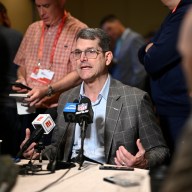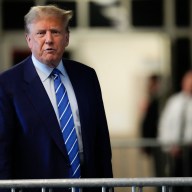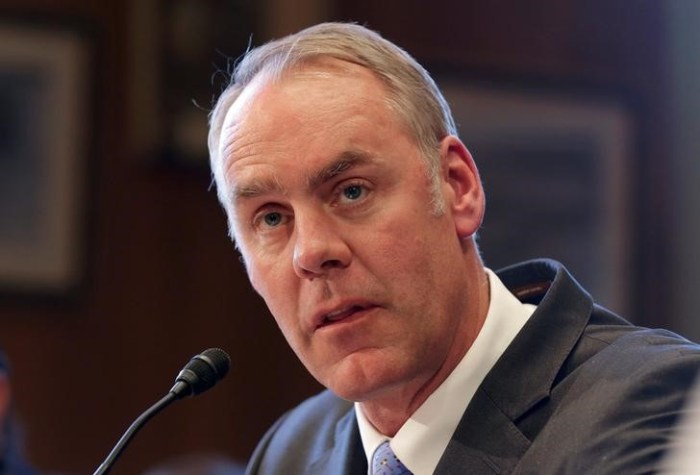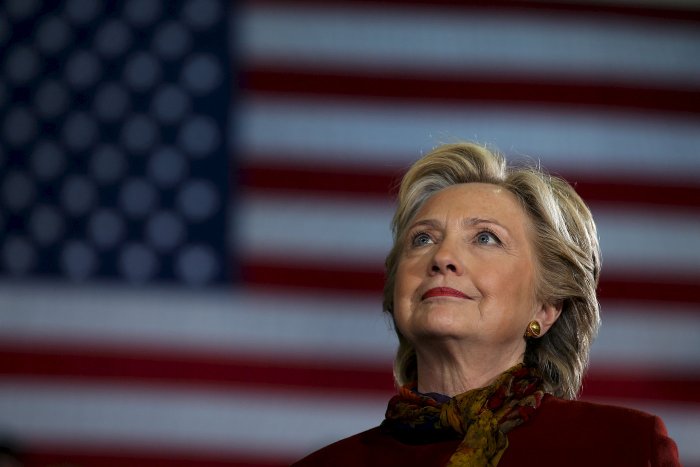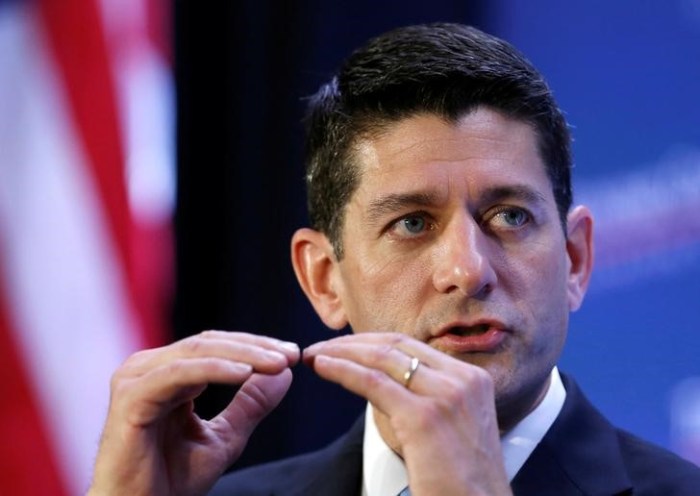By Patricia Zengerle
WASHINGTON (Reuters) – U.S. House Speaker Paul Ryan unveiled a national security policy featuring stronger defense on Thursday, part of his agenda to unify Republicans after a divisive primary campaign, but softening some of the hard lines taken by the party’s presumptive presidential nominee, Donald Trump. The plan is sharply critical of President Barack Obama, blaming the Democrat for “eight years of broken promises, concessions, and retreat” in the Syrian civil war, nuclear deal with Iran, chilly relations with Russia and dealings with a bellicose North Korea. It would overturn or back away from what Obama allies see as his foreign policy achievements, including the Iran deal and his moves toward normal relations with Communist-ruled Cuba. And it criticizes efforts to close the Guantanamo detention center. “It’s not too much to say that our enemies no longer fear us and too many of our allies no longer trust us. And I think this is a direct result of the president’s foreign policy,” Ryan said as he and other House Republicans introduced the plan at the Council on Foreign Relations. While not providing figures, the plan also calls for an end to military rollbacks and demands “adequate, predictable budgets.”
Trump, whom Ryan has endorsed in the presidential race, has made a promise to erect a massive wall along the Mexican border – a centerpiece of his campaign. The plan announced on Thursday includes a range of border security measures such as “high fencing,” aerial surveillance and radar, but not a large wall. The plan echoes some of Trump’s concerns about Muslim immigrants, with calls to tighten refugee screening and discussion of ways to prevent the radicalization of youths.
“We must constantly reassess our defenses in order to find and close security gaps so that Islamist militants cannot slip into our country undetected,” Ryan’s plan said.
Representative Michael McCaul, the chairman of the House of Representatives Homeland Security Committee, said the intention was not to target followers of any one religion, but to do everything possible to not admit those who would attack Americans. “What we have to do is target the threat and make sure that they don’t come in,” said McCaul, one of several Republican committee chairmen who joined Ryan at the report presentation. NOT ISOLATIONIST
The plan is not isolationist. It takes a strong line on battling militants abroad, saying the United States must keep all options on the table and “eliminate terrorist sanctuaries.”
Trump has been critical of some U.S. alliances. Ryan’s plan, in contrast, underscores the importance of NATO. It also includes many standard Republican policy prescriptions, such as strong ties to Israel, advocacy of severe sanctions on Iran and an insistence that Washington should stand up to Russia. It also calls for more trade agreements and says foreign aid programs should make recipient countries self-sufficient.
The plan calls for increased security for diplomats and facilities overseas. In that context, it mentions the 2012 attacks on Benghazi, which many Republicans cite to criticize then-Secretary of State Hillary Clinton, Trump’s rival in the White House race. Several of Thursday’s speakers criticized Clinton as they blasted Obama’s foreign policy, because she was the nation’s top diplomat during the first four years of his term.
Democrats sought to tie the plan to some of Trump’s most controversial statements, including his rejection of alliances like NATO, advocacy of waterboarding and calls for attacks on the families of terrorist suspects. “Perhaps this agenda is light on details because the Republican presidential candidate has offered a truly disturbing vision of America’s role in the world,” Representative Eliot Engel, the top Democrat on the House Foreign Affairs Committee, said in a statement. Ryan, the country’s highest-ranking elected Republican, has described the agenda as a way to offer voters a coherent policy message for 2017. He unveiled an anti-poverty agenda on Monday. Initiatives on regulation, constitutional authority, healthcare and tax reform are expected in the coming weeks. (Additional reporting by David Alexander, writing by Patricia Zengerle; Editing by Bernard Orr)
House Speaker Ryan security agenda veers from Trump’s
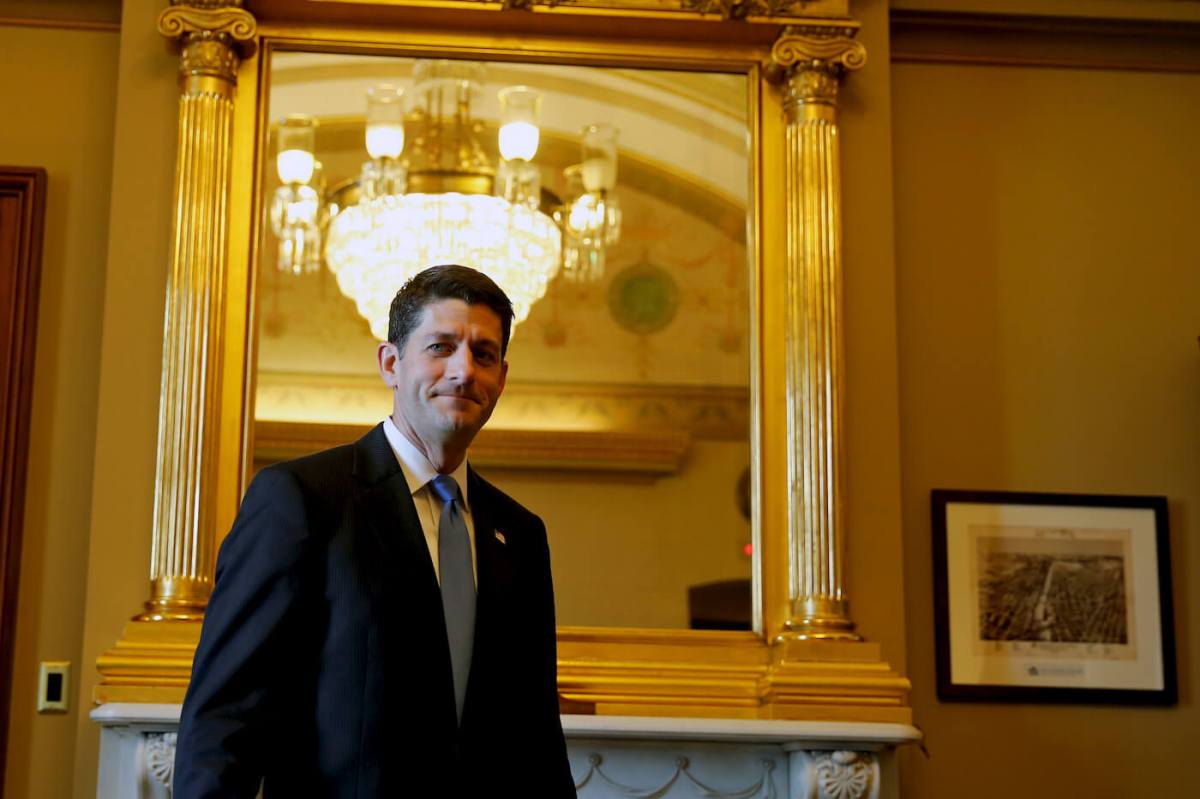
By Patricia Zengerle

